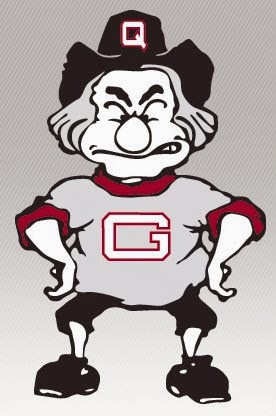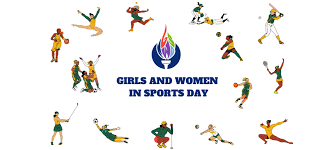NCAA vote to allow athletes to be paid
On Oct. 29, the NCAA Board of Governors made a unanimous decision to start the process for allowing collegiate athletes to profit from the use of their name, image and likeness, with directions to each of the three divisions to consider how they will craft their own bylaws in accordance with this policy. Michael V. Drake, the president of the Board and of the Ohio State University, emphasized the importance of this change.
“This modernization for the future is a natural extension of the numerous steps NCAA members have taken in recent years to improve support for student-athletes, including full cost of attendance and guaranteed scholarships,” Drake said.
California was the first state to not only allow college athletes to profit from the use of their name, image and likeness, but also to hire their own sports agents. The bill, known as the Fair Pay to Play Act, was signed by Governor Gavin Newsom on Sept. 30, 2019, when the NCAA still prohibited college athletes from receiving any monetary compensation.
“Colleges and universities reap billions from these student-athletes’ sacrifices,” Newsom said in a statement. “That’s a bankrupt model, one that puts institutions ahead of the students they are supposed to serve.”
In response, the NCAA stated that schools in California would get an “unfair recruiting advantage” which would prevent them from being able to participate in NCAA competitions.
However, the NCAA supported changes to the organization on a national level, so a working group was appointed to figure out the implementation of this policy. They determined that the NCAA’s policy should ensure that student-athletes are treated similarly to non-athletes; the emphasis for student-athletes remains on academics and the college experience, compensation does not pay for athletic performance or participation, enforceable and transparent rules promote fair and balanced competition, students remain students and not employees of the university, diversity and inclusion is enhanced, and the recruiting environment is protected. The NCAA will implement this policy no later than January 2021.
Guilford’s Head Women’s Basketball Coach Stephanie Flamini believes that this policy change would level the monetary playing field between student-athletes and other students.
“On the one hand, I think the players should be allowed to get paid since the general student can get paid to work during the year and student-athletes can’t necessarily do that because of their commitment to the sport,” Flamini said. “I do think the players should be able to share in the enterprise to their value. The free market works for students, and it should for student-athletes.”
However, she remains cautious about the possible implications of this policy as well.
“On the other hand, I do think it will create jealousy and could change a team dynamic,” Flamini said. “I can also see some Title IX issues with all of this. Not sure how it will affect Guilford athletes. Time will tell.”
Second-year Desmond “Des” Overton, a student-athlete at Guilford who is on the track team this year and was on the football team last year, is looking forward to the change.
“Student-athletes finally get to earn something for themselves after the hard work and dedication it took to get where they are today,” Overton said. “I think it’s time to start showing student-athletes some love.”
Editor’s note: This story originally was published in Volume 106, Issue 5 of The Guilfordian on Nov. 8 2019.





